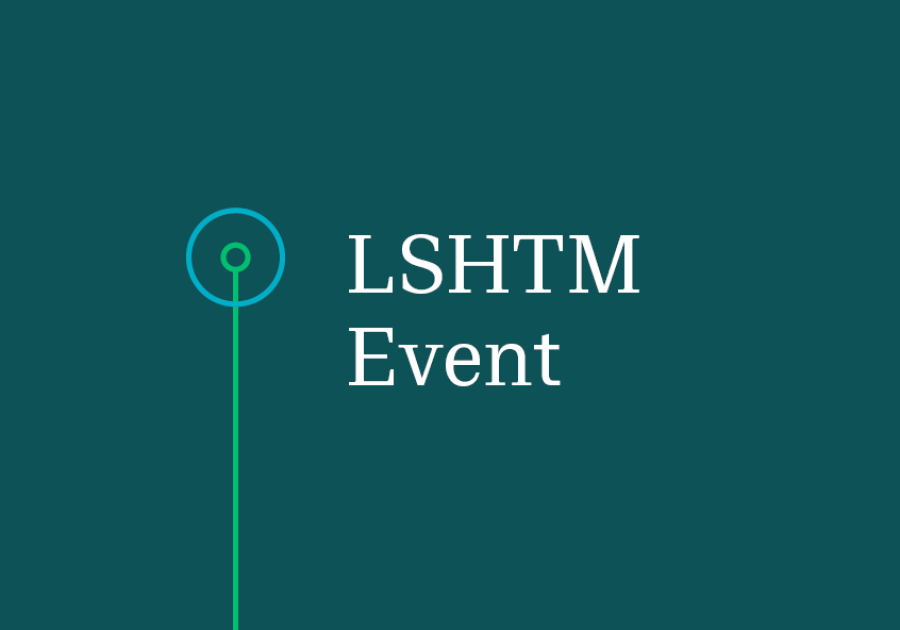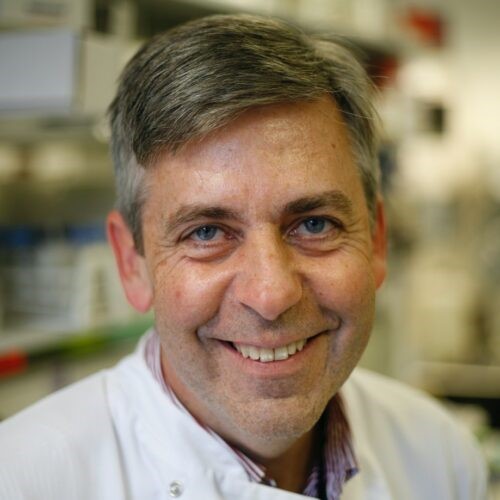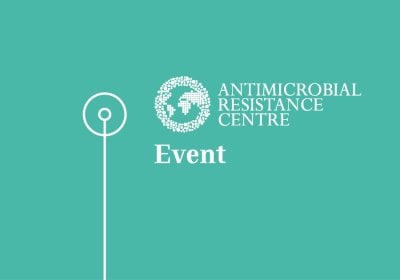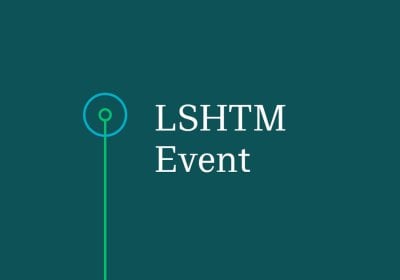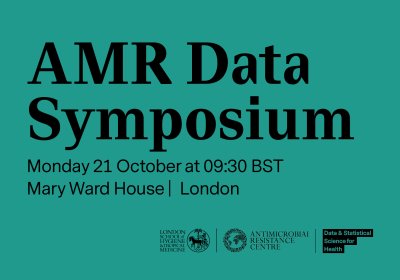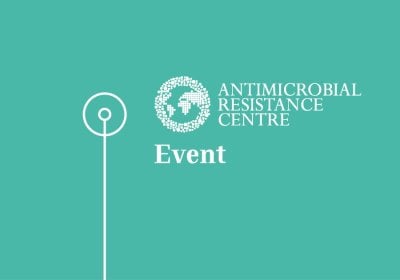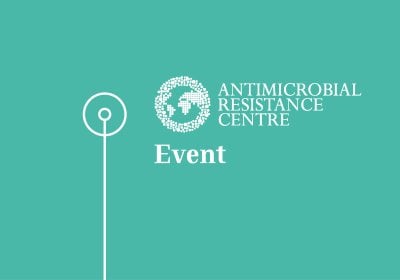The WHO Access, Watch, Reserve (AWaRe) system groups antibiotics used in humans into three simple traffic light categories: Access (green), Watch (orange) or Reserve (red). There are around 40 antibiotics on the WHO Essential Medicines List (EML), and another 200 antibiotics used globally, that have been given an AWaRe group.
The WHO EML has recently published the AWaRe Book, providing guidance on the management of 35 common infections in children and adults in primary care and hospital settings. Detailed guidance is given on the choice of drug, dose and duration, including a risk-based approach to no antibiotic care for minor infections in the community. The AWaRe Book recommends either symptomatic care or an Access antibiotic for 90% of common primary care infections. An implementation focussed design includes simple infographics and an app.
The AWaRe system is designed to promote sustainable prescribing policies of optimal antibiotic use, within the framework of UHC. This seminar will provide the background and science of the AWaRe system and its potential role in future local and global AMR policy development.
Prof Mike Sharland is the Chair of the WHO EML Antibiotic Working Group that developed the AWaRe system and produced the AWaRe Book.
Speaker
- Professor Mike Sharland, PID Centre for Neonatal and Paediatric Infection, SGUL
-
Professor Mike Sharland is a globally leading expert in antimicrobial prescribing, resistance and healthcare associated infection in children. He is the lead clinical advisor for the neonatal and paediatric programme of the Global Antibiotic Research and Development Partnership (GARDP) and Vice-Chair and AMR lead of the Penta Foundation, a global Paediatric Infectious Diseases research network.
He has Chaired the Department of Health’s National Expert Advisory Committee of Antimicrobial Prescribing, Resistance and Healthcare Associated Infection (APRHAI) from 2011 to 2018. He has also been an advisor for the WHO for many years, including being a member of the Expert Committee on the Selection and Use of Essential Medicines and the Chair of the Antibiotic Working Group of the EML/EMLc, which developed the Access/Watch/Reserve (AWaRe) grouping of antibiotics.
Prof Sharland’s principal research interest is optimising the best use of antimicrobials in children. He has a long standing interest in developing the evidence base for the use of all paediatric antimicrobials and has developed a clear research strategy using both cohort studies and clinical trials to improve the evidence base for antimicrobial prescribing. He leads a wide number of clinical projects in the globally with active EDCTP, EU H2020, GARDP, NIHR, MRC, Wellcome Trust funding.
